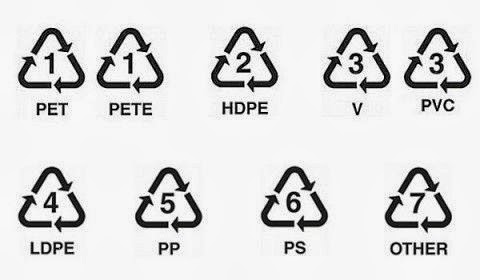Some interesting articles and studies this month
Articles:
- Why these economists say the usual explanation for the financial crisis is wrong (Wonk Blog).
- How to Produce High Quality Investment Research (A Wealth of Common Sense).
- The psychology of why 94 deaths from terrorism are scarier than 301,797 deaths from guns (Quartz).
VOX Research:
- Bank competition and financial stability: The role of financial innovation. An unprecedented process of deregulation took place in the banking sector in the three decades prior to the Global Crisis. This column argues that during periods of intense bank competition, financial innovation can compound the adverse effects of competition on stability. Coupled with strong competition, the significant use of one such innovation – securitisation – in the run-up to the crisis was related to high levels of bank risk.
- Environmental economic history: A global literature has developed that illuminates the reciprocal and dynamic relationship between humans and their environment in other regions across the world This column, which first appeared as a chapter in a recent Vox eBook, surveys on two topics in the literature: the impact of geographic endowments and the impact of environmental shocks on historical and long-run development.
- On the spatial distribution of development: The roles of nature and history. Economists point to three factors to explain how population is distributed: geographical characteristics, agglomeration, and history. This column, taken from a new Vox eBook, examines how economic and technological development have changed the ways in which two first-nature characteristics – suitability for growing food and suitability for engaging in trade – impact population distribution.
- Saving energy when it matters most: Measuring the benefits of energy efficiency investments with smart meter data. Electricity prices can vary dramatically within a single day. However, most analyses of energy efficiency programmes ignore this variation, focusing on total energy savings without regard to when those savings occur. This column uses hourly smart-meter data to demonstrates a surprisingly large variation in economic value across energy efficiency investments. Air conditioner investments, for example, deliver savings when the value of electricity is high, increasing their value by about 50%.


Comentarios